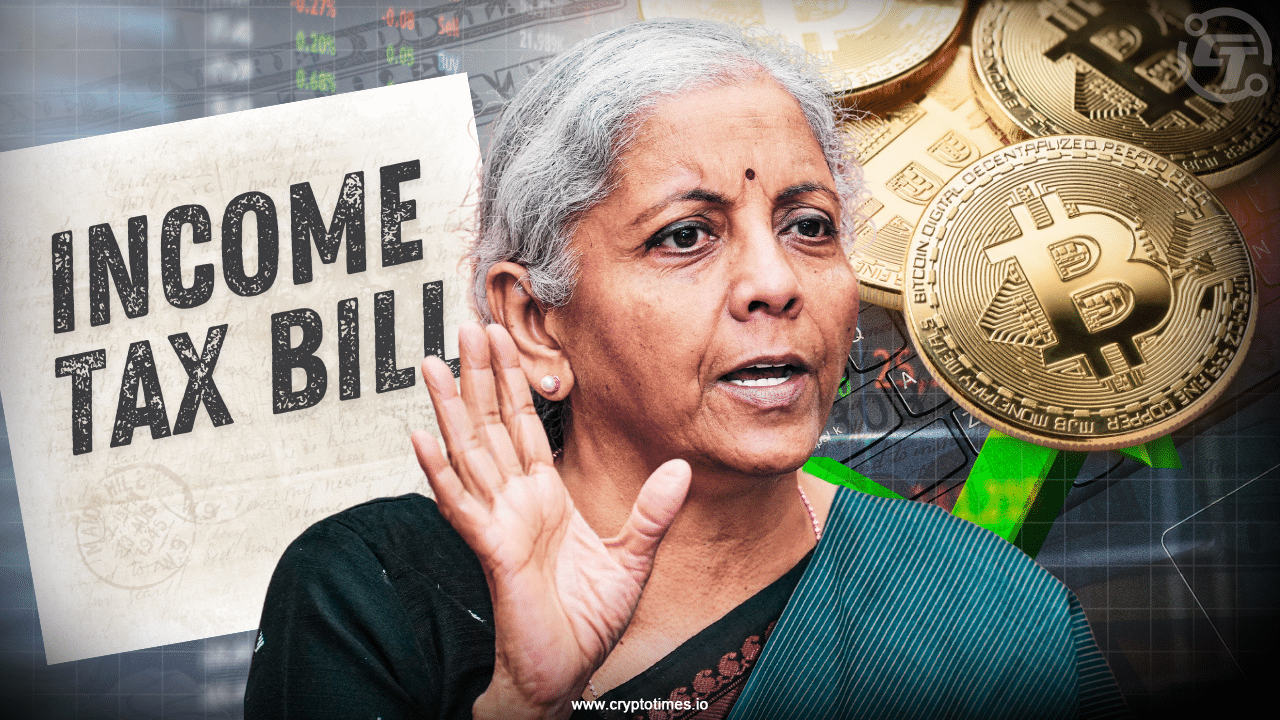India is all set to roll out the Income Tax Bill 2025, which will replace the Income Tax Act, 1961. The big tax reform aims to simplify tax filing but will do it with tightened rules, especially on crypto assets and digital transactions. One major alteration in the bill is considering undisclosed crypto assets as ‘undisclosed income.’
That means that if a person possesses crypto and they do not report it, they will be penalized the same way they would for unreported gold, jewelry, or cash.
Undeclared crypto could be counted as tax evasion, profit from undeclared NFTs as well as crypto trading will be taxable, and false tax claims related to crypto may cause penalties. However, the government reserves the authority to grant exemptions for specific digital assets through notifications, which also allows space for modifying the policy in the future.
The new bill doesn’t change the existing tax framework despite calls for relaxed crypto taxes; the same 30% tax on crypto income remains, and there are no deductions other than the cost of acquisition. TDS remains on all crypto transactions at 1%, which makes it virtually impossible for traders to avoid reporting. The introduction of this model of taxation in 2022 led to a substantial decrease in trading volumes on Indian crypto exchanges.
Apart from the crypto regulations, there are considerable changes in the Income Tax Bill 2025 that impact humans and establishments. However, once a taxpayer has chosen the new tax regime, he/she cannot switch back to the old tax regime except under certain conditions.
In cases of salaried people, they might be missing out on important deductions like HRA and medical claims, which can increase their tax amount. However, some businesses might benefit from corporate tax relief, though details on eligibility are yet to be announced.
Spanning 622 pages, this bill is one of India’s biggest tax reforms. It replaces outdated terminology with the introduction of a ‘Tax Year,’ establishes a Taxpayer’s Charter to ensure transparency, and introduces new tax rules for foreign companies based on residency conditions.
The Finance Ministry is also working on a detailed policy paper for virtual digital assets. While the current bill does not introduce new regulations for crypto trading, it lays the groundwork for future policy decisions.
Also Read: Exclusive: Will WazirX Users Pay Tax on Tokens They Receive?
The Crypto Times – Read More









